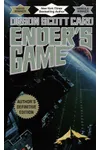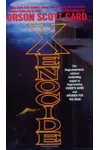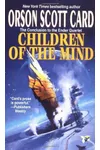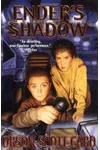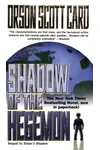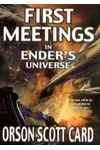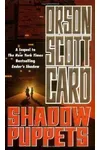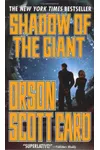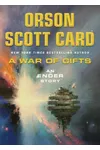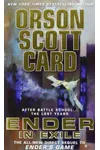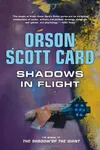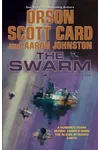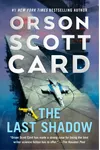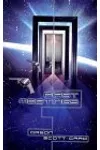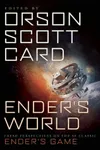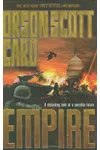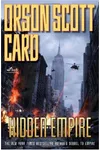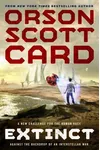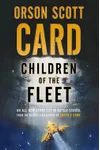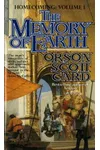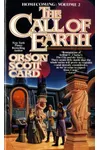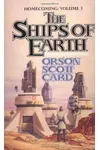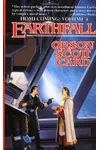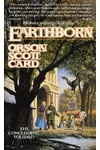Picture an American storyteller who turned a child genius into a galactic hero—meet Orson Scott Card! Born in 1951, this science fiction titan crafted Ender’s Game, a novel that redefined the genre with its blend of strategy, empathy, and moral complexity. From fantasy epics to biblical retellings, Card’s versatile pen has left an indelible mark on storytelling.
The Making of Orson Scott Card
Orson Scott Card was born in Richland, Washington, and raised in a Mormon family, which shaped his early worldview and storytelling. Growing up in Utah and Arizona, he devoured books, particularly science fiction, and began writing as a teenager. After studying theater at Brigham Young University, Card turned to fiction, publishing his first short story in 1977. His knack for blending human emotion with speculative ideas set him apart early on.
Orson Scott Card’s Unforgettable Stories
Card’s masterpiece, Ender’s Game (1985), follows young Ender Wiggin, a brilliant strategist trained to save humanity from an alien threat. The novel’s exploration of leadership, sacrifice, and morality earned it both the Hugo and Nebula Awards. Its sequel, Speaker for the Dead (1986), delved deeper into empathy and cultural understanding, also sweeping major awards. Card’s fantasy series, The Tales of Alvin Maker, reimagines 19th-century America with magic, showcasing his ability to weave historical and fantastical elements. His horror novel Lost Boys (1992) and biblical retellings like Stone Tables highlight his genre-spanning talent. Card’s writing is known for its emotional depth, ethical dilemmas, and accessible prose that hooks readers of all ages.
Beyond books, Card has written for comics, video games, and theater, proving his storytelling knows no bounds. His ability to craft relatable characters facing impossible choices resonates across his diverse works, making each story feel personal yet universal.
Why Orson Scott Card Matters
Orson Scott Card’s influence on science fiction and fantasy is profound. Ender’s Game inspired a generation of writers and readers, with its themes of strategy and empathy influencing video games, films, and even military training programs. Despite personal challenges, including a stroke in 2011, Card continues to write, teach, and engage with fans, cementing his legacy as a storyteller who bridges genres and generations. His work challenges readers to think critically about morality, leadership, and humanity’s place in the universe.
About Orson Scott Card
- Born: August 24, 1951, in Richland, Washington
- Key Works: Ender’s Game, Speaker for the Dead, The Tales of Alvin Maker
- Awards: Hugo Award (1986, 1987), Nebula Award (1985, 1986)
- Fun Fact: Card wrote dialogue for early video games, including The Secret of Monkey Island.
Ready to explore a universe of strategy and heart? Snag Ender’s Game and dive into Orson Scott Card’s thrilling sci-fi world!
